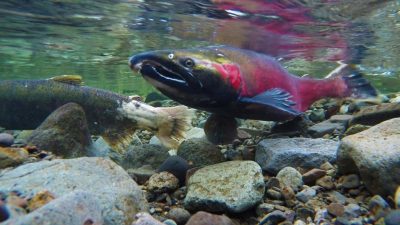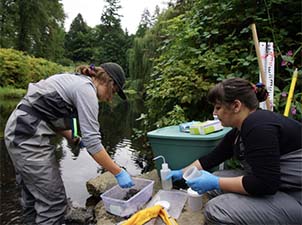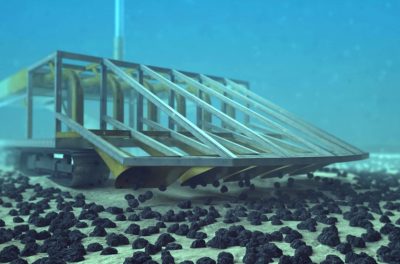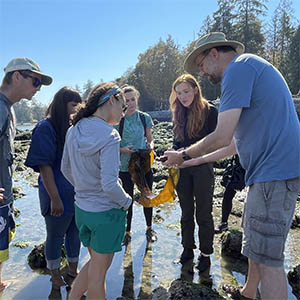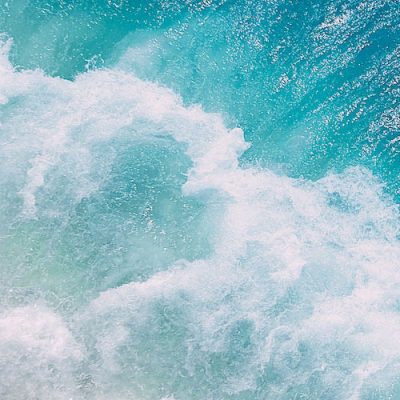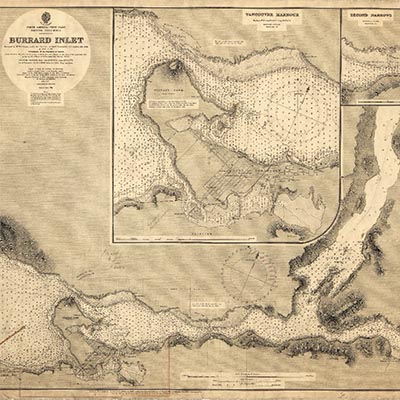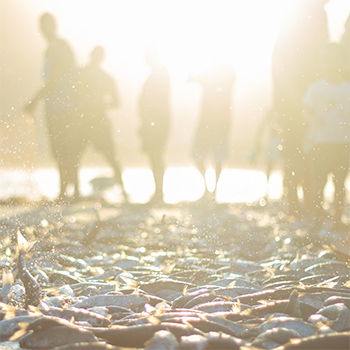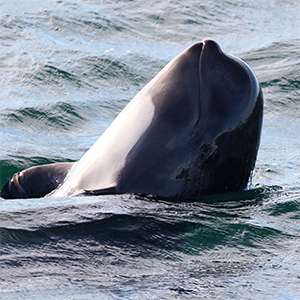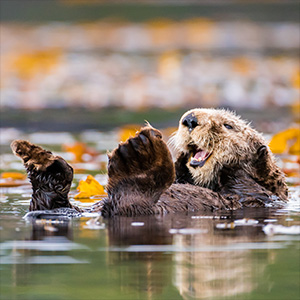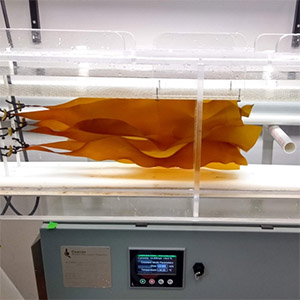Hindcasting the Salish Sea reveals long-term patterns of environmental change
Greig Oldford, PhD Candidate at the University of British Columbia’s Institute for the Oceans and Fisheries (IOF) recently co-developed The Hindcast of the Salish Sea (HOTSSea) to address gaps in historical observations.
How to conduct scientific research with Indigenous Peoples and Lands in a good way
In a comment published in Nature Ecology & Evolution, authors outline four essential elements for conducting ecological research with and for Indigenous Peoples and Lands in a good way. In this Q&A, they discuss these elements and their importance for all scientific research.
“Who stands to benefit?” To engage in deep-sea mining or not. Not, say international scientists
While advocates of deep-sea mining say that the investment is needed to provide the metals needed for a carbon neutral economy, opponents point to the irreparable damage that it would have on the environment.
2022 Intertidal tour with Dr. Chris Harley
On Saturday, September 10th, IOF community members met coastal ecology expert, Dr. Christopher Harley, to take advantage of the receding waters and tour one of the intertidal zones at Stanley Park.
“Heading for failure” UN Sustainable development goal for world oceans
New research examined the progress of the UN’s “Sustainable Development Goal (SDG) 14: Life Below Water”, and more than 70% of countries have not achieved a single target so far.
New FCRRs: Historical Ecology in Burrard Inlet and Reconstructing the pre-contact shoreline of Burrard Inlet
These two new Fisheries Centre Research Reports will help us understand the overpowering changes that colonial settlement and development has had on the marine ecosystems surrounding the Lower Mainland area of British Columbia.
Partnership between researchers and whale-watch operators makes for big whale behaviour insights
Based on their findings, the researchers recommended that whale-watchers keep some distance from foraging areas to avoid disturbing the whales while they eat.
Recovery of sea otter populations yields more benefits than costs
Long-term benefits of sea otter recovery could be worth as much as $53 million per year
How climate-controlled growth flumes could help us explore unanswered questions about kelp and climate change
New equipment creates environmental conditions that mimic the projected future state of our oceans, allowing them play out “what if” scenarios for situations like climate change.
